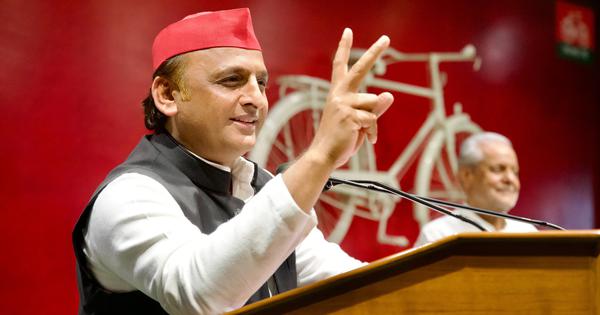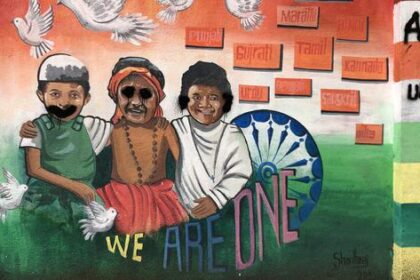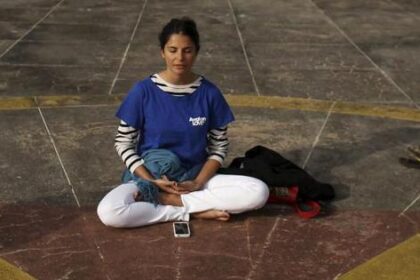Critics argue the directive undermines efforts to address caste discrimination in Uttar Pradesh.
The Opposition in Uttar Pradesh has raised concerns regarding a recent directive from the state government that prohibits caste-based political rallies and public displays of caste-related signage. They characterize the decision as a dangerous measure intended to silence voices from marginalized communities, labeling it an “eyewash.” This directive was issued by the Bharatiya Janata Party (BJP) government and aims to prevent social conflict, maintain public order, and uphold constitutional values.
In a directive issued on Sunday, officiating Chief Secretary Deepak Kumar instructed district magistrates, police chiefs, and other officials to take action against individuals inciting divisions through caste-based displays and protests. This order came shortly after the Allahabad High Court had prohibited the declaration of caste in police documents and records, highlighting concerns regarding the practice of caste glorification on social media and vehicles.
Samajwadi Party chief Akhilesh Yadav questioned the effectiveness of the directive, asking what measures would be taken to eliminate caste discrimination that has persisted for centuries. He expressed concern over various forms of caste displays, including those reflected in clothing, symbols, and the common practice of inquiring about someone’s caste upon meeting them. Yadav also highlighted issues of caste-based conspiracies that lead to defamatory allegations against individuals.
Rajkumar Bhati, a spokesperson for the Samajwadi Party, suggested that the Uttar Pradesh government might be intimidated by the rising political awareness within the Gurjar community. He pointed out that the BJP had previously organized caste rallies and conferences before the directive was issued, raising questions about the government’s sudden stance on caste-based political activities. Bhati recalled instances where Chief Minister Adityanath had engaged with various caste groups during election campaigns, indicating a contradiction in the government’s current approach.
Udaiveer Singh, another Samajwadi Party leader, emphasized the need for the BJP government to address its own caste-based mindset. Meanwhile, Congress Uttar Pradesh chief Ajay Rai asserted that his party does not engage in caste-based rallies, instead accusing the BJP of promoting caste politics. Rai expressed skepticism about the enforcement of the directive, suggesting it might become a tool for the government to harass the Opposition.
Congress leader Anil Yadav described the government’s decision as dangerous and a mere facade to silence voices from the Dalit community and other marginalized groups. He referenced Baba Saheb Ambedkar’s vision of an equal society founded on justice, arguing that caste-based injustices continue to thrive under the current administration. Yadav warned that the directive would further empower forces of injustice, ultimately targeting community groups advocating against discrimination.
The High Court’s order highlighted that the recording or declaring of caste without legal relevance constitutes identity profiling, reinforces social prejudice, and violates fundamental rights. In line with this ruling, the state government’s directive mandates that police records must not include caste details and should instead record the names of both parents. Authorities are instructed to collaborate with the National Crime Records Bureau to eliminate caste columns from various police records. Additionally, vehicles displaying caste slogans or stickers face penalties under the Central Motor Vehicles Act, and signboards that promote caste identities are to be removed.








